Description
🌟 Provided by PMI® A.T.P. ID C018178. 🌟 Earn 6.5 PDUs Upon Course Completion. 📚
The project management literature shows a shift from a technical focus to a people focus in recent years, and a critical dimension considered to be associated with the success of the projects is the personal competencies of project managers. More recently, Emotional Intelligence (EI) has been suggested as a unique area of individual differences that is likely to underpin project managers’ behaviours associated with the success of the projects. Project managers who master EI will set themselves apart from other project managers.
When taking in this course, you will:
- Understand the role of Emotional Intelligence in project management
- Learn the value of self-awareness and self-regulating your emotions
- Master key Emotional Intelligence factors
- Apply Emotional Intelligence to real-world scenarios
- Become a great project manager and be able to lead from small teams to large and complex projects.
Course information on PMI®: https://ccrs.pmi.org/search/course/536320

Course Outline
LESSON 1: OVERVIEW OF EMOTIONAL INTELLIGENCE
An interesting thing is happening in the 21st-century workplace: The more technology we have in this digital age, the more we automate tasks and trust machines to take over duties, the more we realize the importance of emotions. Yes, emotions, and more specifically emotional intelligence. Emotional intelligence is our ability to recognize emotions in ourselves and others, to understand their effect, and to use that knowledge to guide our thoughts and behaviors. Because emotional intelligent people tend to get along better with others and be more empathetic and compassionate, they are likely to be more successful compared to their counterparts. And that makes emotional intelligence something worth learning more about.
LESSON 2: SELF-AWARENESS
The first building block of emotional intelligence is self-awareness. Self-awareness is our ability to recognize our own emotions and their effects on us and others. Without being aware of and understanding our own emotions, it will be difficult to move into the other emotional competencies like self-management, social awareness, or team leadership.
LESSON 3: SELF-MANAGEMENT
Self-management happens when we begin to use our awareness of our feelings to manage ourselves. Building on the base of self-awareness, we use that information to control and manage our emotions. Self-management is the ability to control our emotions so that they don’t control us. That is the simple but powerful truth about self-management. We need to use what we know about our emotions to control and manage those emotions and our behavior. This includes techniques that help us to regulate our emotions, to identify and prevent emotional triggers, and to identify and prevent thinking that can lead to emotional breakdowns.
LESSON 4: SOCIAL AWARENESS
We are going to shift from focusing on ourselves to focusing on others. In particular, we will explore the emotional and social skills that support relationships.
LESSON 5: RELATIONSHIP MANAGEMENT
Relationship management is using our emotional understanding of others to build relationships with them. The relationship management domain builds on the first three emotional intelligence domains. In other words, our success in relationship management is going to be a function of our success in self-awareness, self-management, and social awareness.
LESSON 6: PROJECT TEAM LEADERSHIP
In this lesson, Project Team Leadership, we will explore what it means to lead projects and how that differs from managing. We’ll talk about how to communicate with high emotional intelligence. We will explore the best way to develop a team including selecting and retaining team members. We will also explore conflict management and then we will close with a series of techniques to improve our project team leadership.
LESSON 7: CREATING A POSITIVE TEAM ENVIRONMENT
In the previous lessons, we explored the various aspects of emotional intelligence and project management. We started by looking at emotional intelligence for the project manager, then we broadened our view to include interactions with members of the team and other stakeholders. This lesson looks at how project managers can leverage emotional intelligence to create an environment that is positive and productive for the project team.
There is a direct correlation between the team environment and the productivity and satisfaction levels of the team members. Whether intentional or not, the PM sets the overall tone and mood of the project. Through their actions and communications, PMs can create either resonance or dissonance in the project environment. We will look at ways that PMs can carry out their responsibilities and contribute to a positive team environment.
Finally, we will finish the chapter with a list of techniques that PMs can put to work immediately to improve the environment of their projects.
LESSON 8: LEVERAGING EMOTIONAL INTELLIGENCE ON LARGE AND COMPLEX PROJECT
This lesson deals with excelling at emotional intelligence on large and complex projects. You may use the information in this book to grow as a PM and, if desired, to take on more challenging projects.
APPENDIX A: EMOTIONAL INTELLIGENCE FOR PROJECT MANAGERS – A CASE OF VIETNAM
This is a research about Emotional Intelligence for Project Managers: A Case of Vietnam. This research will identify whether project managers in Vietnam, apply EI in their work, and identify whether the application of EI, can develop personal competencies of project managers in Vietnam.
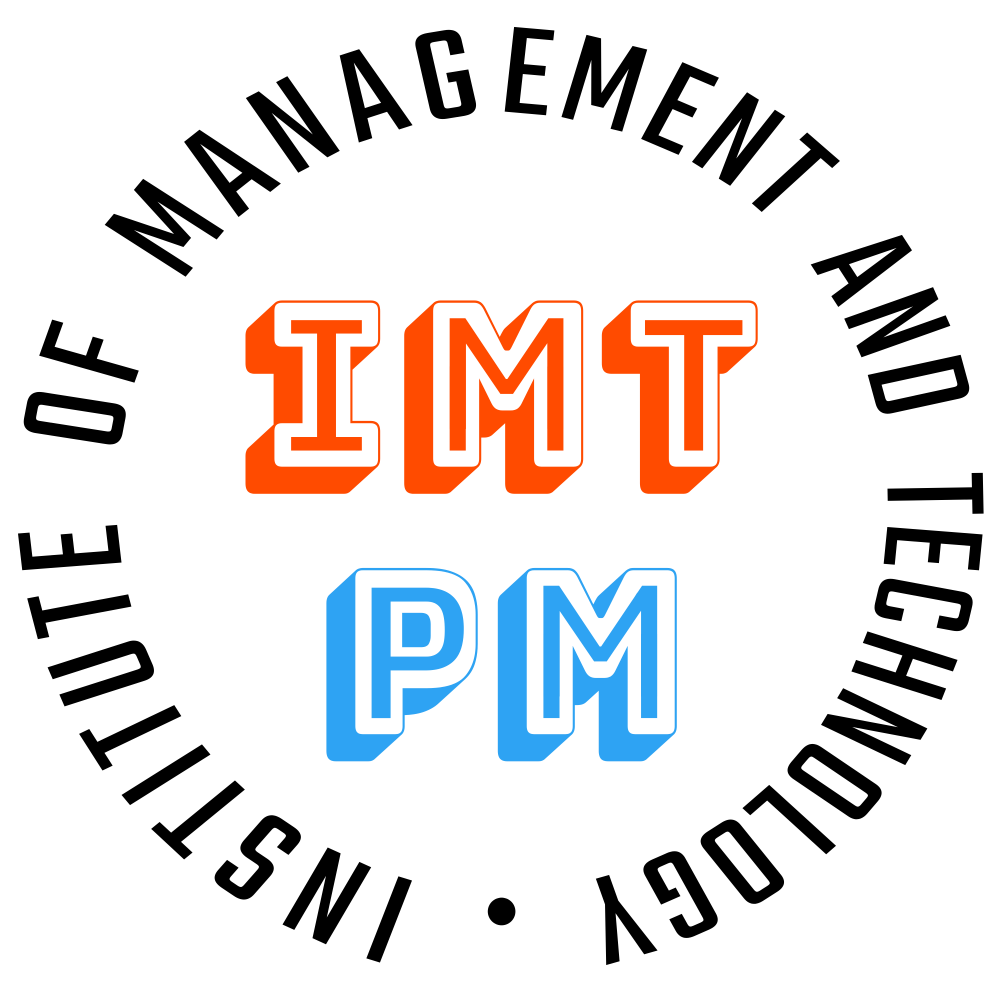
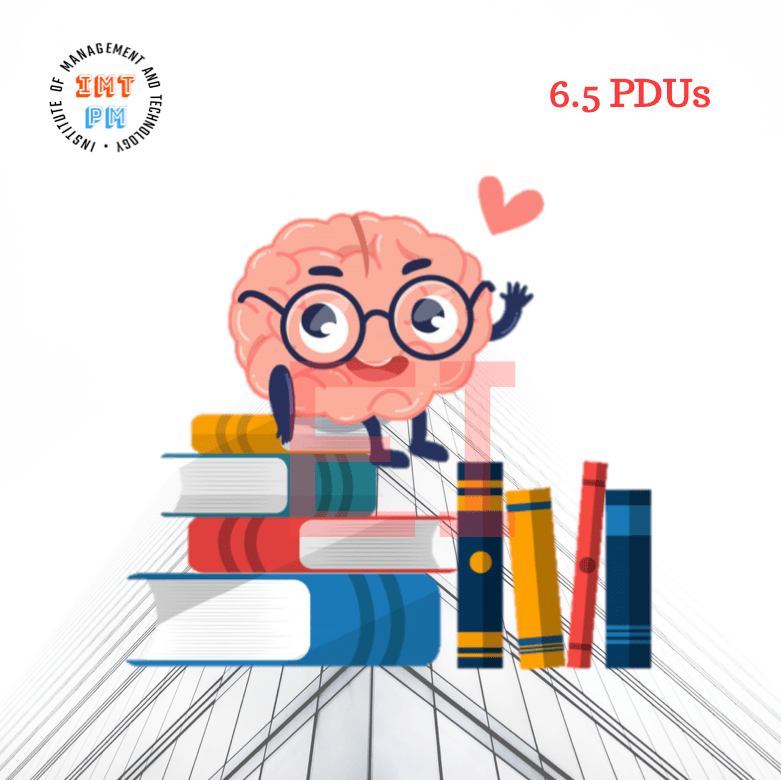
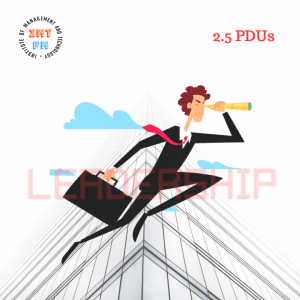
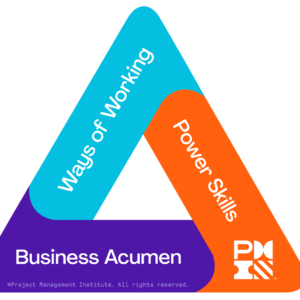
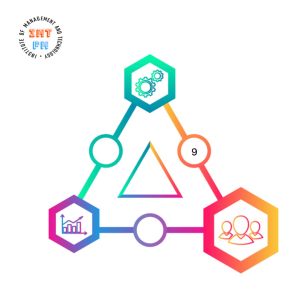
Reviews
There are no reviews yet.